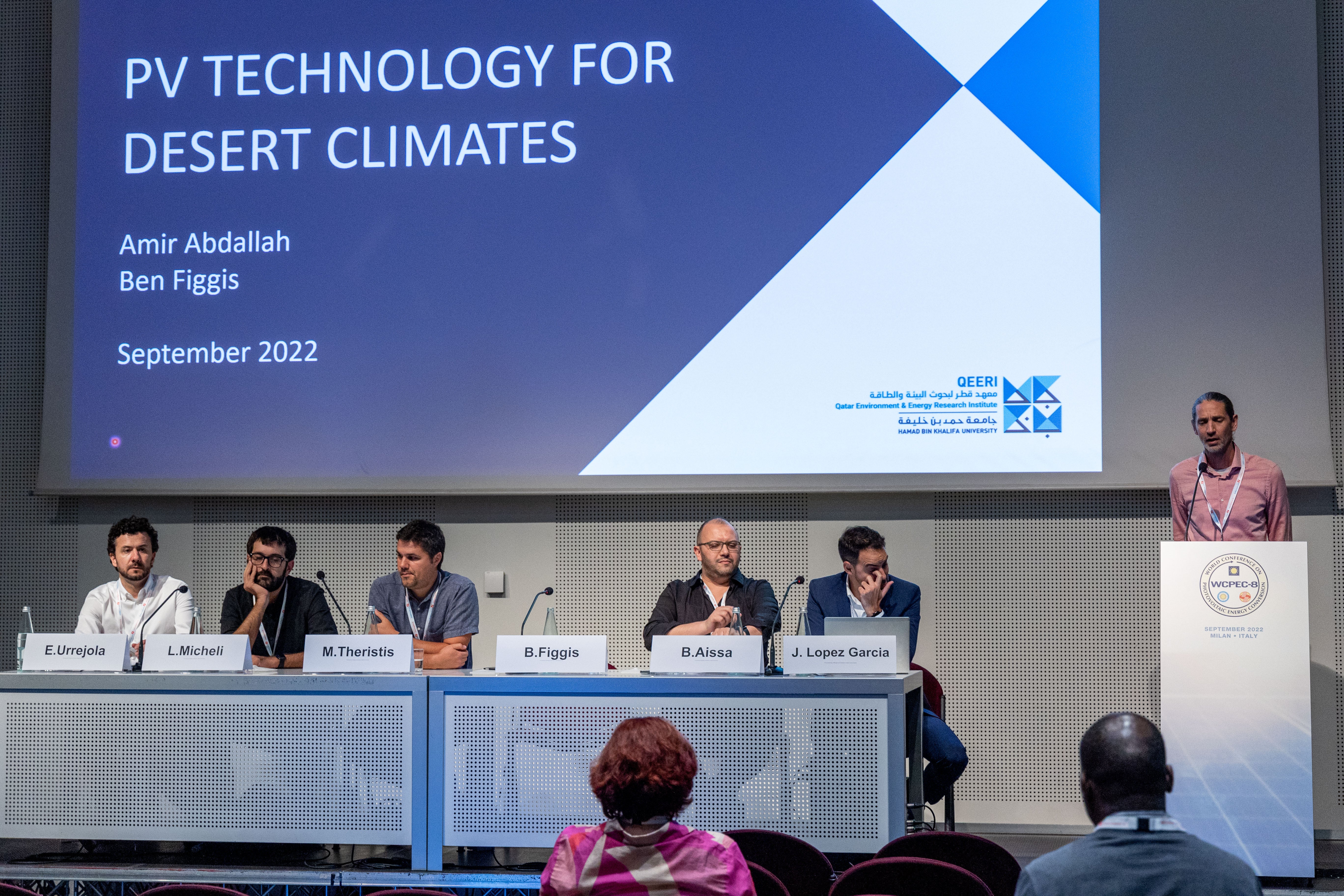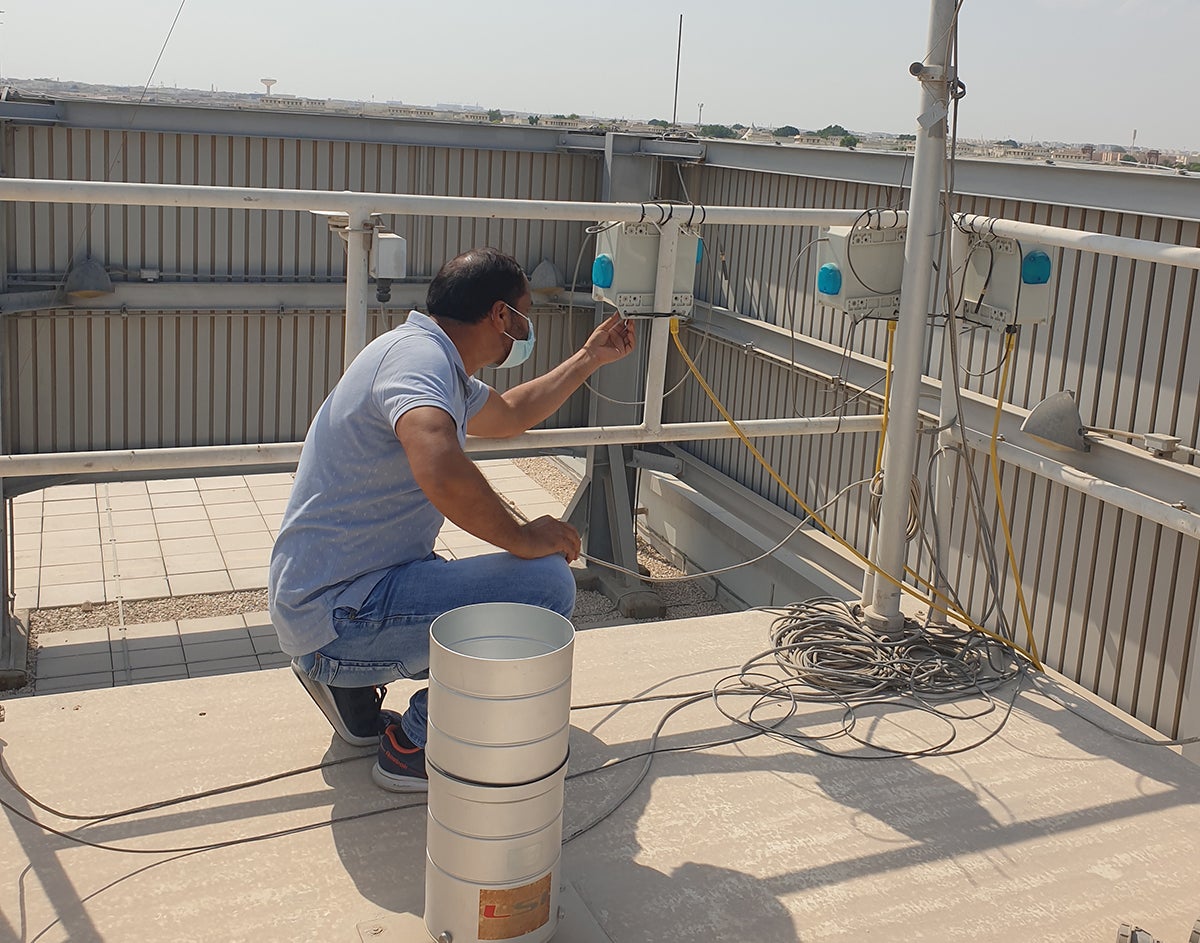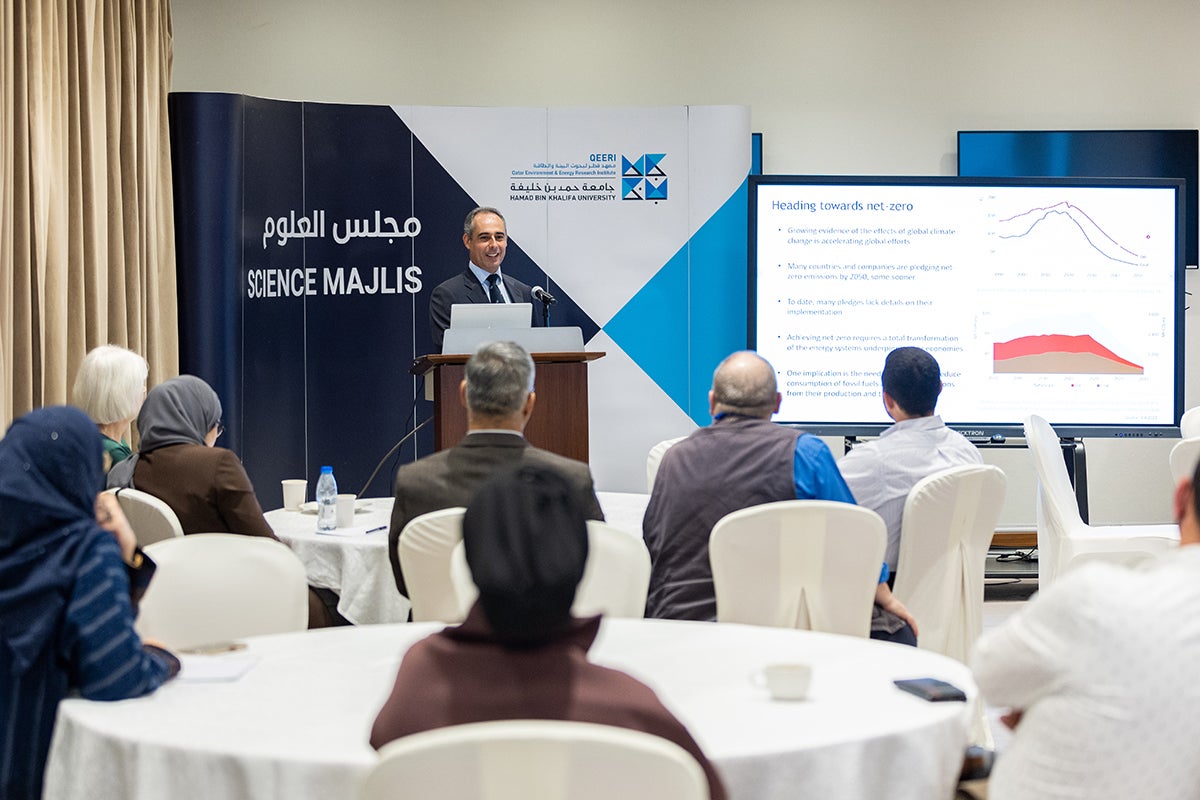By Annamaria Mazzoni, Marcello Contestabile and Jenny Lawler

The safety, security and sustainability of water resources is an age-old issue, with civilizations flourishing alongside major water sources. Yet, despite all our economic development and technological progress, secure and sustainable access to safe water remains elusive. While the world’s population continues to grow, water security issues are looming in developing, emerging and developed economies alike, and in all climates, from arid to tropical.
Ethiopia’s announcement in March of its intention to begin filling the Grand Ethiopian Renaissance Dam (GERD) from July 2020, raised alarm bells in Egypt. Cairo opposes the plan due to fears of a colossal decrease in the amount of water Egypt would be able to access. This is only the latest dispute over the Nile River, which is crucial in ensuring water security to the eleven countries through which it flows. A common river management agreement with fair access rights to Nile water has not been achieved. While ongoing controversy around the $5 billion project, which also involves neighboring Sudan, has drawn global attention, it is only one of several hotspots around the world.
In England, the UK Department of Environment Food and Rural Affairs forecasts that the demand for water will exceed supply within the next 25 years due to overuse and risk of drought due to the changing climate. In South Africa, the 2017-2018 water crisis in Cape Town reached a peak, moving the situation closer to the so-called “Day Zero”, at which the city’s municipal water supply would have to be shut off. Recent research shows that the number of long-term droughts across Europe will increase 7-fold in the second half of the century, affecting 60% of all crop areas on the continent, if reduction of greenhouse gas emissions continues to lag behind. In India, New Delhi and its surrounding villages are already facing summer shortages of up to 300 million gallons per day. Residents have access to water only at night and are increasingly forced to rely on water tankers.
Water scarcity, which can be characterized as a mismatch in the water supply and demand balance after accounting for all available conventional and non-conventional water sources within a country, is indeed affecting virtually every corner of the world in different forms and to different degrees. This is multiplying the fundamental commodity’s value manifold, often without it being reflected in its pricing. The given examples also illustrate how water scarcity has different connotations: scarcity due to physical absence through drought, for instance, or scarcity in fair and equitable access and distribution, due to the failure of regular supply or inadequate infrastructure. At the same time, accessibility to safe and clean water is crucial for a wide range of economic sectors, and current trends highlight a progressive deterioration especially in developing countries. Deterioration in the quality of drinking water sources - groundwater, surface water and seawater - is an equally worrying trend. It should be noted that in many cases globally, water is available, but increasingly unusable without sophisticated treatment.
In analyzing those cases, we can identify several factors that exacerbate the scarcity of acceptable quality water such as intensive irrigation practices, industrialization and urbanization, climate change and in some cases, conflict. On the supply side, climate change is altering rainfall patterns, making them less predictable and more extreme. Once-reliable water resources around which societies had developed, are being depleted and their quality is evidently decreasing. Moreover, water supply is known to suffer severely from infrastructural issues such as leaking pipeline networks where large shares of transported water are lost. Particularly in developing countries, the impact of climate change and unreliable infrastructure combines with increasing demand driven by population growth, industrialization, urbanization and economic development.
Higher living standards, westernization of diets and higher levels of meat consumption, as well as energy intensive industries, all result in a steady growth in water consumption.
Resource management becomes increasingly complex as demand grows, leading to policy and regulatory challenges that in extreme cases can lead to conflict. Water disputes often arise, especially in the case of transboundary water resources, such as the Nile River. GERD is the most recent example of the politicization of water resources, issues that date back to World War I and have shaped conflicts in Iraq and Syria. Similar conduct in other areas in the Middle East, but also in Latin America and Sub-Saharan Africa, has generated tensions over water appropriation among different actors. All of this poses growing water management challenges, in developed countries and even more so in developing countries.
Water management can be approached from the economic angle of efficient allocation of resources among competing users, as well as from the social angle, which stresses that access to clean water at an affordable price is a fundamental human right. Water policy throughout the world is consequently inspired by combinations of these principles, with government and private sector entities generally devoted to its management in differing degrees, which brings its own challenges. To complicate matters, water use is strongly influenced by policy developments in other sectors of the economy, especially agriculture and industry. Sustainable water management therefore requires a whole-system approach which today is still largely missing.
The United Nations defines water security as "the capacity of a population to safeguard sustainable access to adequate quantities of acceptable quality water for sustaining livelihoods, human well-being, and socio-economic development”. The case of Qatar, similar to other Gulf countries, is emblematic of this definition. Scarce renewable water resources, paired with negligible precipitation and high evaporation rates, have shaped a situation characterized by a chronic lack of water. This has pushed the country to enhance its capacity to develop non-conventional water sources such as the desalination of seawater and the recycling and reuse of municipal and industrial wastewater to ensure the nation’s water demand is fulfilled. Although these processes highly impact national budgets and can cause harm to the local environment and ecosystems, they do represent a reliable source of potable water for the future.
We can derive some important conclusions. Shifting precipitation patterns due to global climate change and increasing demand due to socioeconomic and population growth will continue to propel water scarcity, while diminishing water quality reflects a major health risk and increased economic burdens. This puts the onus on governmental institutions to responsibly manage water and wastewater supply and infrastructure, with a focus on quality and sustainability of supply, as well as demand management. Promoting national and global adoption of a robust portfolio of economic, social, technological and industrial policy measures, can help reduce water budget uncertainties and consequently close the supply and demand gap.
About the Co-Authors:
Dr. Jenny Lawler is the Senior Research Director of the Water Center at QEERI, which focuses on tackling the grand challenge of water security through various programs including water desalination, and wastewater treatment and reuse. She has over 15 years of experience across key areas in water and environment research.
As the Principal Economist at QEERI, Dr. Marcello Contestabile leads the techno-economic and policy research. He has over 15 years of experience in sustainable energy research, technology transitions and innovation policy.
Dr. Annamaria Mazzoni is a Research Associate at QEERI. She is an environmental economics researcher and policy analyst with over six years of experience in international institutions.
Related News

QEERI Presents Solar Energy Innovation at International Photovoltaic Conference

Tackling Corrosion Challenges: A Decade of Qatar Environment and Energy Research Institute








